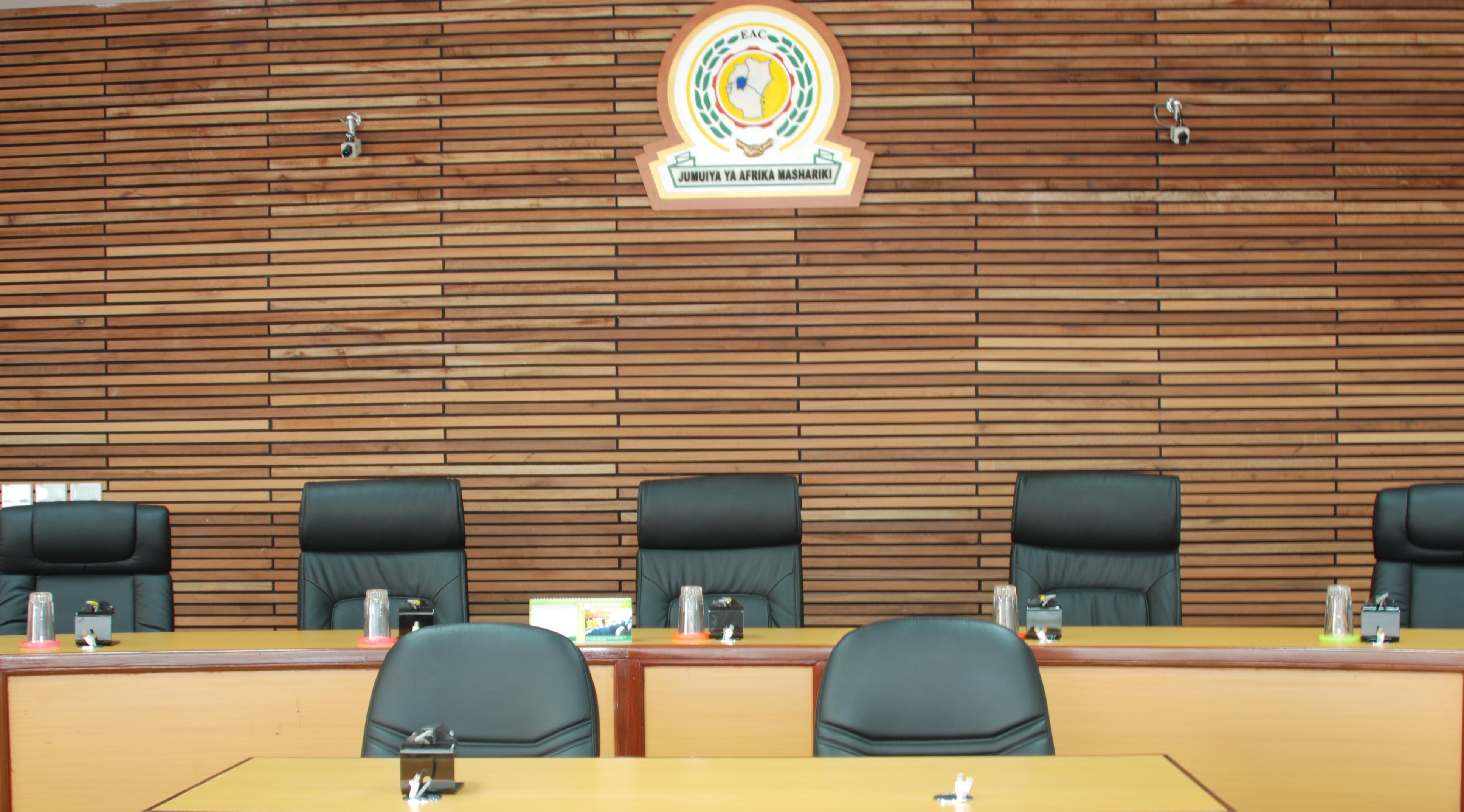×
The Standard e-Paper
Smart Minds Choose Us

Maasai herders near Tanzania’s famous Serengeti wildlife park have asked a regional court to stop the government intimidating witnesses supporting their legal bid to return to their ancestral land, a lawyer for the community said on Thursday.